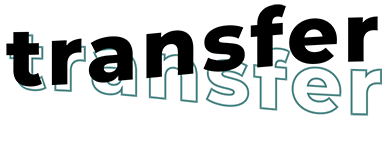Julius Carlebach (1909-1964)
Optikhandel als Fluchthilfe
Identifier (Artikel)
Abstract
The Jewish art dealer Julius Carlebach opened his art shop ‘Die Volkskunst’ in Berlin in 1932, specializing in antiques and cultural-historical objects. Carlebach quickly became a recognized businessman; he became known for supporting collectors and museums in their search for special artefacts, for supplying specific cultural-historical special collections and for having a wide network of suppliers and interested parties. When the National Socialists seized power in 1933, his private and professional situation changed in the course of the new National Socialist laws, hostilities and persecution in such a way that he lost his business and left his country towards the end of 1937 emigrating to the USA. The article focuses in particular on the period between the professional ban in 1936 and Carlebach’s emigration. In a research project funded by the German Lost Art Foundation at the German Optical Museum in Jena, it was possible to reconstruct Carlebach’s living situation at the time mentioned using high-quality historical documents and objects from the collection. Carlebach has sold around 1.000 objects on the subject of optics to the Optical Museum Jena. The surviving sales correspondence not only provides information about the objects, but also, in connection with Carlebach’s personal file of the Reich Chamber of Fine Arts, deep insights into Carlebach’s persecution scenario and into the special role of the Optical Museum Jena as a possible escape helper.
Keywords: Professional ban; Reich Chamber of Fine Arts; trade in optical instruments; Optical Museum Jena; emigration
Statistiken

Lizenz

Dieses Werk steht unter der Lizenz Creative Commons Namensnennung - Weitergabe unter gleichen Bedingungen 4.0 International.







